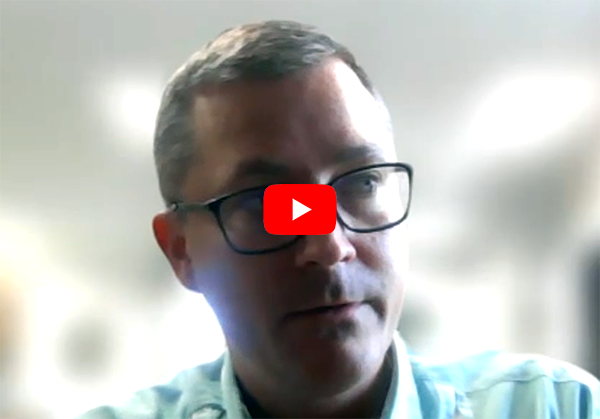“Just doing” Small Group Bible Study
As promised in last week’s blog, we’re hearing again from Pastor Eggold about the catechetical gatherings of those in adult formation at Grace Lutheran Church; in today’s video he describes the African or Lambeth method of Scripture study in detail.
I confess that after my first exposure to the African/Lambeth method, I was not 100% on board with it; my own preference for Bible study leans academic, toward biblical exegesis that informs my understanding for today by shedding light on a text’s meaning in its original historical context. There seemed to be little room for this more “scholarly” approach to Scripture study in the African/Lambeth practice. But if you listen carefully, you’ll hear the many ways which Pastor Eggold lays an exegetical foundation for the Gospel text before the small group study begins.
This video is six minutes. You must be logged into Google drive to access it.

In case you missed some, let me summarize the ways Dan Eggold lays a firm, Lutheran exegetical foundation:
- Exposure to the Gospel text before the Washed and Welcomed gatherings
- On Fridays the church sends out homework that catechumens are expected to do. This single sheet includes space for the catechumens to record questions they had as they read the text, to engage the text with their imagination, reflecting on what they “would … have seen, or heard, or felt?” And to write down “For this week: I want to remember … I want to put my faith into action by …”
- On Sundays Participants attend worship, hearing the Gospel text read and the Word broken open in Pastor Eggold’s sermon.
- After worship some also attend the Sunday Bible Class, which deliberately is a lectionary-based study during this part of the church year, taught by Pastor Eggold.
- During the Washed and Welcomed gatherings, which follows worship and Bible study
- As the fellowship meal is wrapping up, Pastor Eggold draws on the sermon he preached that morning to “help them make the transition to the small groups.” They hear again what a theologically trained Lutheran pastor has gleaned from the Gospel text.
- Pastor Eggold writes the questions to which the people respond after the third reading of the text, a question that “is linked to the life of the church,” that calls for a real-life application of the text.
The catechists, as facilitators, keep the participants on track and draw them out in the discussion that follows the readings, silence, and responses. But the primary “teacher” of the faith is Pastor Eggold, whose careful work lays a foundation that is centered in the life, ministry, and saving activity of Jesus Christ.
